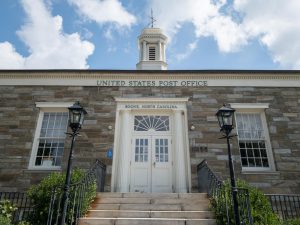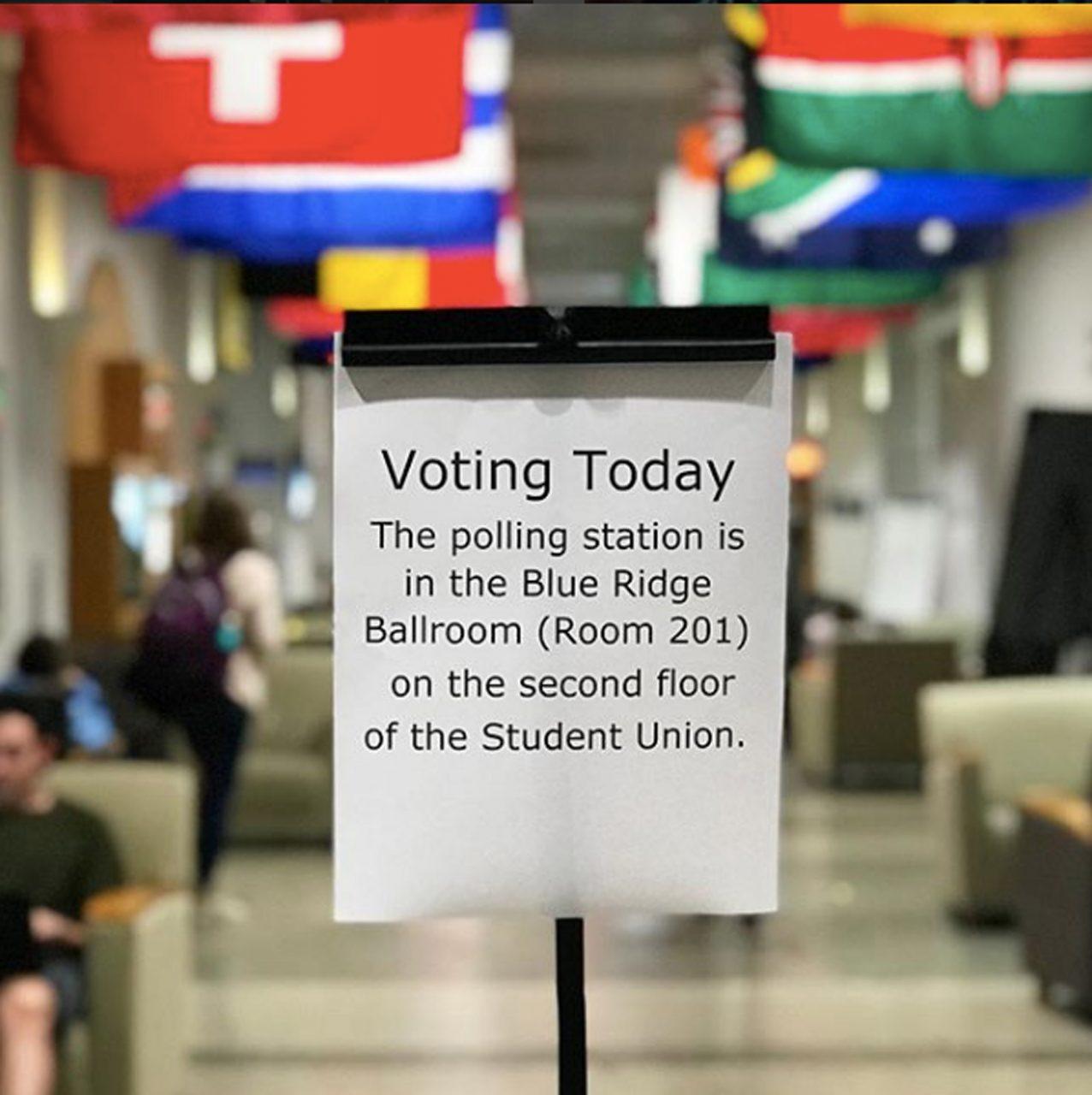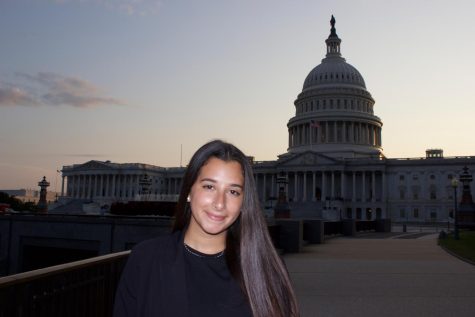College democrats and republicans plan for upcoming election during pandemic
August 21, 2020
Even though COVID-19 has affected many people, events and everyday routines throughout the country, Election Day is still fast approaching. The App State College Democrats and Republicans are working hard to plan ahead for what Nov. 3 could look like.
Dalton George, president of App State College Democrats, said the group will experiment with different ways to keep members engaged while holding virtual meetings, instead of their usual in-person meetings every Thursday.
In comparison, River Collins, president of App State College Republicans, said his group will meet in person and enforce face coverings, social distancing and other school guidelines. The senior political science major said he hopes to find a large meeting room to welcome new members.
Collins said they will put a “heavy emphasis” on spreading their message around campus through advertisements, posters and flyers.
George said they are very active on social media and encourage other students to virtually get involved.
Both George and Rivers said they’re going to focus on voter registration this election year.
“I think it’s really important to make Watauga continue with the trend of being blue,” George said. “Winning up and down the ballot.”
In the 2016 election, the Democratic nominees for president and governor won the majority votes in Watauga County. However, the Republican nominee for House of Representatives and Senate won the majority votes. North Carolina voted Republican in the 2016 presidential election.
Both club presidents said they are unsure how Election Day will play out.
“I don’t know how they’re going to handle the election on campus,” Collins said. “I’m going to try and get a bunch of members together so we can all go in and represent our club on Election Day.”
George said he hopes members of the organization are able to direct people on campus to the election site and hand out sample ballots — while practicing social distancing — on Election Day.
“Traditionally, App State has had a really high youth turnout,” George said. “With classes possibly being moved online and the possibility of freshmen being sent home, we want to continue to encourage young people to vote regardless.”
George said young voters can change the election and he hopes to encourage students who don’t normally vote to get involved.
According to NPR, 40% of the state’s seven million registered voters are under the age of 40. These young voters have potential to turn the state “blue” in the November election.
In Watauga County, the young voter turnout, ages 18 to 24, increased from 2014 to 2018 by 21.3%.
“When you get everybody voting, you get a lot of different people voting with different perspectives,” George said. “Then we will see different outcomes.”
According to Comparative Study of Electoral Systems, the United States has the biggest gap between the youngest and oldest voters, than any other country.
Collins said he thinks it’s always important for students to vote, not just in this specific election.
“Generally speaking, politicians overlook the younger population because we are so politically apathetic,” Collins said.
“It’s always important to have your voice heard in elections,” Collins said. “It will be particularly interesting to see if we continue in America’s trend of reelecting presidents or if it will be disrupted.”












